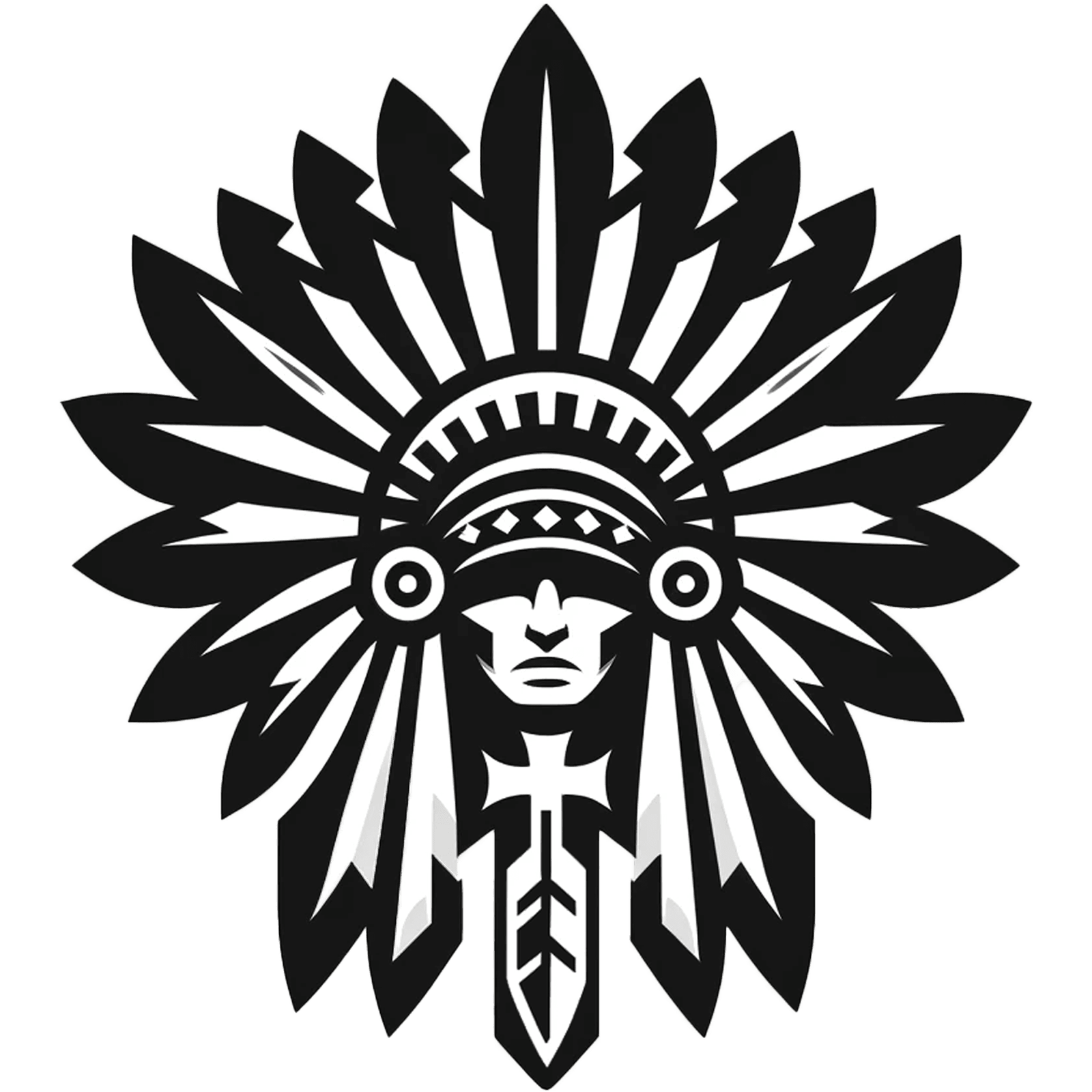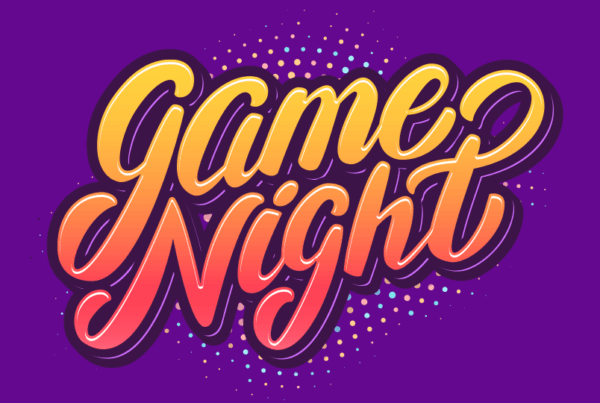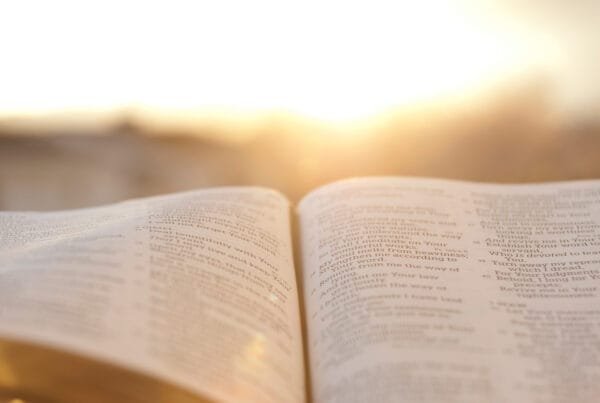Indigenous Peoples Day, observed on the second Monday of October, is a time to honor the resilience, contributions, and cultural heritage of Indigenous communities throughout the Americas. This day challenges us to reflect on the lasting impact of colonization while celebrating the beauty and strength of Indigenous traditions.
While the movement to make Indigenous Peoples Day a federal holiday is ongoing, many states, cities, and institutions have already embraced the change. President Biden’s 2021 proclamation invites us to honor Indigenous peoples’ courage and renew our commitment to respect tribal sovereignty and self-determination.
At HINU Fellowship, we view this day as an opportunity to align with both Christ’s teachings and Indigenous values—pursuing justice, walking in humility, and caring for Creator’s gifts.
Honoring Indigenous Peoples Day in Lawrence, KS
Haskell Indian Nations University (HINU), located in Lawrence, KS, has been a central part of the region’s recognition of Indigenous Peoples Day. Lawrence officially adopted the holiday in 2016, thanks to the efforts of Native activists and the broader community, reflecting a commitment to honor Indigenous peoples rather than Columbus Day .
Nearby, Kansas City began observing Indigenous Peoples Day in 2017, with the city council formally declaring the second Monday in October as Indigenous Peoples Day annually starting in 2021. However, the state capital of Topeka continues to officially recognize Columbus Day, with public institutions, including courts, observing it as a holiday. Legislative efforts to replace Columbus Day with Indigenous Peoples Day statewide have been introduced but have not yet succeeded .
The mix of recognition in cities like Kansas City and Topeka reflects both progress and challenges, as communities in Kansas work toward broader acceptance of Indigenous Peoples Day.
Challenges Indigenous Communities Face Today
Indigenous Peoples Day brings visibility to the ongoing struggles Indigenous peoples face, including:
- Environmental Challenges: Resource extraction projects such as pipelines and mining continue to threaten Indigenous lands and waters.
- Violence Against Indigenous People: Indigenous women, girls, and two-spirit individuals are disproportionately affected by violence. Efforts like the Missing and Murdered Unit within the Bureau of Indian Affairs seek to address this crisis.
- Legal Battles for Sovereignty and Resources: The Navajo Nation recently lost a case over water rights to the Colorado River, exemplifying the continuing fight for sovereignty.
Take Action: Walking in a Good Way Toward Justice
We invite you to reflect on how you can honor Indigenous voices and walk in a good way, aligning with both Indigenous and biblical values of justice, kindness, and humility. Here are some ways to engage:
- Learn the history of the land you occupy and the Indigenous peoples who lived there.
- Support Native-owned businesses and artists.
- Attend local cultural events and ceremonies.
- Advocate for policies that protect Indigenous lands and honor tribal sovereignty.
Local Events: Join the Celebration
There are several events happening locally in honor of Indigenous Peoples Day. We encourage everyone to participate, learn, and celebrate.
University of Kansas – Indigenous Peoples Day Celebration Week
- Wednesday, October 16 at 10:30 AM: Tipi raising led by AJ Holder, former Miss Haskell
- Thursday, October 17 at 2 PM: Zine-making event hosted by the Indigenous Studies Coalition (ISCO).
Both events will take place on the Strong Hall Lawn and are open to all. More details here.
Bonner Springs – Indigenous Peoples Day Event
Location: Wyandotte County Museum, 631 N 126th St, Bonner Springs, KS
Duration: 6 hours
- Community Round Dances at 10:30 AM & 2:30 PM
- Bison Feed provided by Jason the Native Chef
- Traditional Ecological Knowledge skills and educational activities
- Indigenous Art Market
This event is free, open to the public, and does not require registration. Event details here.
Biblical Reflection: Justice, Walking in a Good Way, and Healing
As Micah 6:8 reminds us:
“He has told you, O mortal, what is good; and what does the Lord require of you but to do justice, and to love kindness, and to walk humbly with your God?” (NRSVue)
This verse invites us to walk in a good way—to follow Creator’s path with justice, kindness, and humility. Across Indigenous cultures, living in a good way reflects intentional actions of respect, generosity, and care for community and creation.
Justice in Action
Jesus’ mission, as shared in Luke 4:18-19 (FNV), reflects this call to justice:
“The Spirit of Creator is upon me. He has chosen me to bring good news to the poor, to heal brokenhearted ones, and to tell prisoners they are free. He has sent me to make the blind see again, to lift up the ones who have been pushed down, and to make it known that Creator’s year to show kindness has come.”
Walking in a good way means living in harmony with Creator’s justice—advocating for the oppressed, restoring broken relationships, and promoting healing.
Kindness as Covenant Loyalty
In Indigenous traditions, kindness reflects reciprocity—mutual care and respect between people and the land. Jesus embodied this in Matthew 5:44 (FNV):
“Love the ones who make themselves your enemies and pray for the ones who mistreat you.”
Walking in a good way means actively nurturing relationships with others, fostering healing, and showing kindness even in challenging situations.
Walking Humbly with Creator
Humility is at the heart of walking in a good way, recognizing our place within creation and serving others. Jesus teaches in Matthew 23:11-12 (FNV):
“The one who walks the road as a servant is the one who is most honored. All who lift themselves up will be brought low, and all who make themselves low will be lifted up.”
Walking humbly with Creator invites us to listen to others, honor our ancestors, and restore relationships with both people and the Earth.
Join Us for Talking Circle
On Tuesday, October 15, 2024, we invite Haskell students, faculty, and staff to join us for a Talking Circle. This is a private space for the Haskell community to reflect on Indigenous Peoples Day, engage in meaningful conversations, and explore what it means to walk in a good way with Creator.
The Talking Circle offers an opportunity for healing, community connection, and sharing stories grounded in both Indigenous values and the teachings of Jesus. Together, we will reflect on how to carry justice, kindness, and humility into our daily lives.
Note: This event is open only to the Haskell community. We encourage participants to bring their voices and perspectives to foster a deeper understanding and shared experience.






